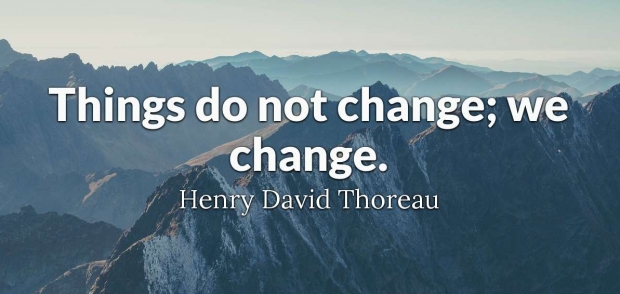We have talked a lot about, and know, that no two sessions are ever the same and how important it is for us, as clinicians, to bring our curiosity, and openness to being surprised to every session. And after we have invested a good deal of time engaging with the client, building trust and rapport, we are ready to move into the MI process of Focusing. Here, we begin to establish the direction we are headed for this session and maybe others to follow. And whether it is one session or multiple sessions, there are several suggestions offered by Miller and Rollnick about moving the conversation forward:
- Allow clients the space to reflect and express their preferences and concerns. Don’t feel like you need to start talking immediately if 7 seconds of silence pass. Open the door with an invitation and wait to see what emerges.
- Include affirmation and support as appropriate. Comment on clients’ apparent strengths and aspirations. Emphasize their personal choice and autonomy in decisions about their own life, health, and decisions.
- Invite the client to raise completely new ideas that haven’t been discussed yet.
- Use hypothetical language like “we might,” “you could,” and so on. Glide over the landscape and survey it; where you will land is for the next part of agenda mapping. Reflective listening is probably your most useful and efficient route to understanding the client’s perspective and finding a useful focus.
- Include your own opinion. Your suggestions also matter, and clients often value hearing your perspective on what is important to consider. Within MI this is done in a modest way that acknowledges and honors the client’s autonomy.
“Another possibility that occurs to me is to discuss your sleeping pattern, since lack of sleep can affect many of the other concerns you’ve been experiencing. We could consider that, or maybe that’s for another time.”
Again, there are many ways to move forward in the process of Focusing, and trusting yourself and your client will increase support for the desired outcome. The conversation about change will be moving forward in a direction where both clinician and client have agreed, and where there is room for checking in with each other to see if the conversation is headed in the right direction. It might sound something like this:
“I have really appreciated our conversation thus far and all of the suggestions that have been put forward. I wonder if we might pause for a moment and think about what seems to be most important to focus on at this time. Perhaps we can review the suggestions and see if there are any that really stand out and could be where we might start.”
In this blog, there have been several suggestions offered on how we can establish a clear focus for our conversation. We know there are numerous options, and by trusting ourselves and the process, we can move forward. Next month, we will begin to discuss the third MI process: Evoking. I hope you all have a great month and have opportunities to use and practice Motivational Interviewing!

For more information about Motivational Interviewing or related services, contact Steve Bradley-Bull, LPC, by phone, (919) 812-9203, or by email, unc.cfar.mi@gmail.com.
